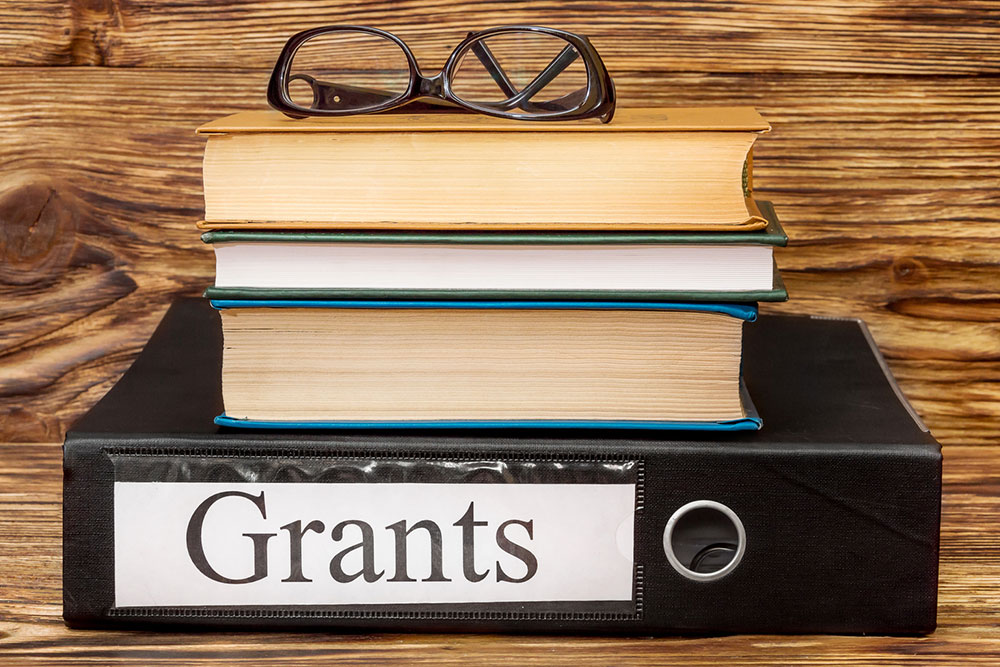7 common mistakes to avoid when applying for grants

If one receives a rejection for a grant application, it is understandable to question what went wrong. Since most grants receive thousands, if not more, applications, individuals must ensure theirs makes an impact on the review board and doesn’t lack the must-dos of grant writing. Drafting grant proposals takes enormous time, relevant skills, and a sincere effort. One must follow the specified guidelines and avoid the common mistakes people frequently commit when applying for grants.
Mistake 1: Giving vague project descriptions
Your grant application must be concise and clear. Often, applicants do not define the project goals and objectives clearly. Unfortunately, it is one of the typical mistakes people make. So, to ensure the reviewer understands your project, avoid convoluted sentences, technical jargon, or complex phrases.
But this does not mean you must not specify the technical aspects of the project. You must be sincere and showcase your approach. Let the reviewer know how your innovation will make a difference. Striking this balance is challenging but achievable.
Further, clarity is vital when drafting the grant application. Some tips that one can follow for clarity in their application include being specific about the expected project outcomes, stating the goals and objectives clearly, setting measurable and quantifiable outcomes, setting a context and explain its relevance to you and the community, addressing the gaps, and giving a comprehensive breakdown of how this project bridges the gap and adds value.







